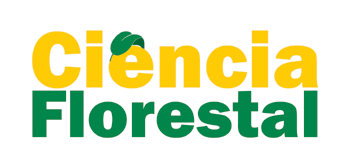The use of microorganisms potential association with plants is a common practice in soil contaminated by heavy metals, considered low-cost and environmentally friendly. This study aimed to evaluate the growth of Corymbia citriodora (Hook.) K. D. Hill & L.A.S. Johnson and the effect of Pisolithus microcarpus UFSC-Pt116 inoculation in soil contaminated with Zn. The design was completely randomized in a factorial arrangement (2 x 6), with and without inoculum and six doses of Zn (0, 300, 600, 900, 1200 and 1500 mg kg-1 soil), with six replications. Seedlings were inoculated and cultured for 90 days in nursery. After 67 days of transplantation was evaluated the ectomycorrhizal colonization percentage, plant height, stem diameter, number of leaves, chlorophyll index, root volume, leaf dry weight, stem, root and total, dry mass ratio / root dry mass and height / stem diameter. The ectomycorrhizal colonization percentage in Corymbia citriodora is stimulated by adding up to 1412.21 mg kg-1 Zn. The Corymbia citriodora is tolerant to the addition of up to 1500 mg kg-1 of zinc in soil with 81% clay even without inoculation with Pisolithus microcarpus.The canonical correlation analysis shows that inoculation with P. microcarpus favors total dry mass, root and aerial part of Corymbia citriodora grown in soil with 81% clay contaminated with 600 mg kg-1 Zn.
heavy metal; eucalyptus; tolerance



